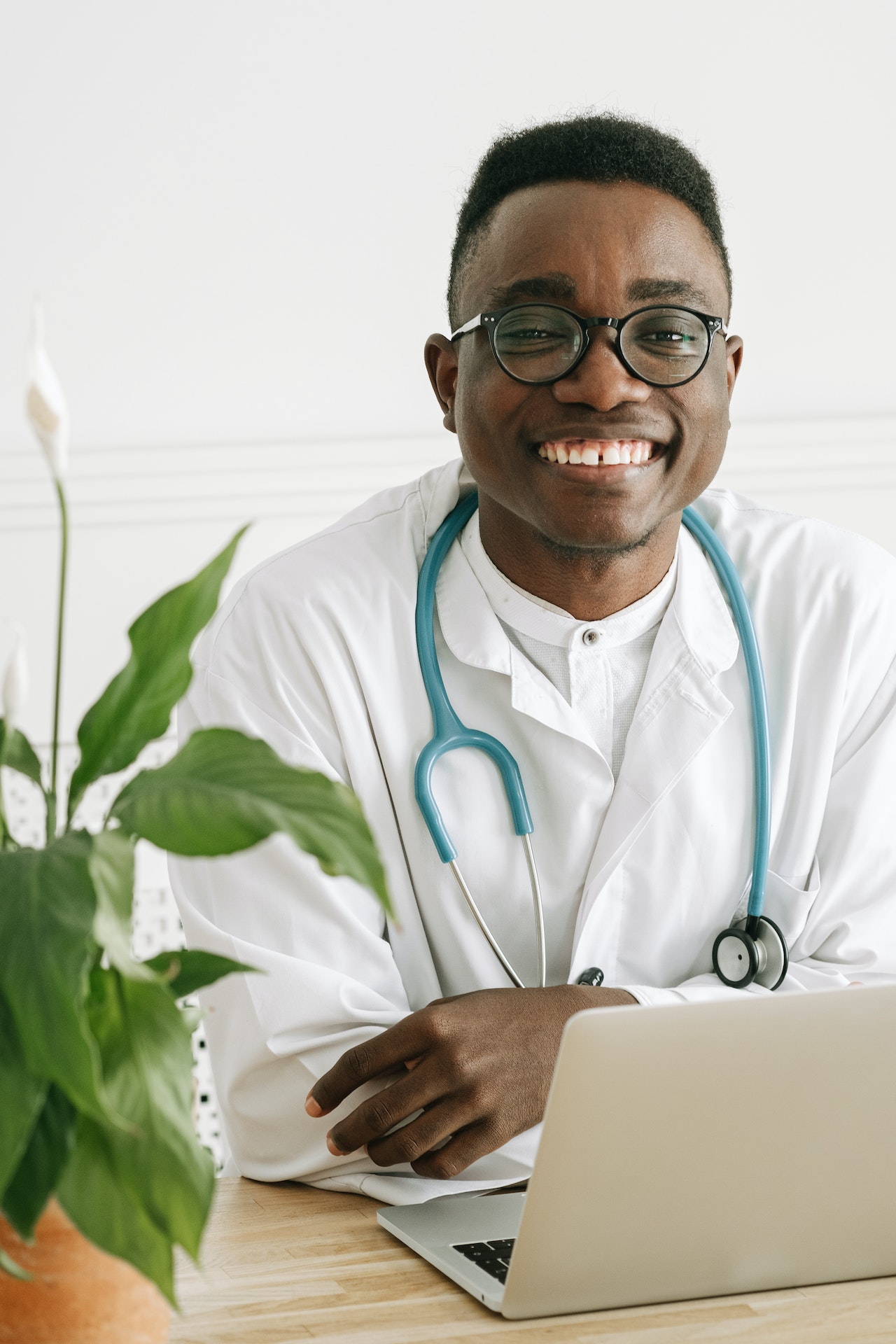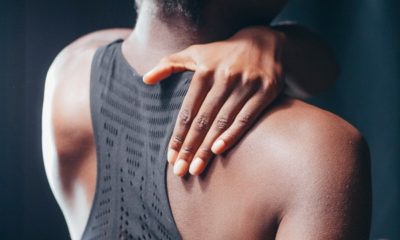Features
Osahon Okodugha: How to Improve your Chances of Surviving an Accident
Nigeria may never happen to some people because they make the most of the little resources the nation has to offer.

You must have heard this popular prayer “May Nigeria not happen to you.” Many people say this prayer to ward off unfavourable circumstances brought on by a lack of infrastructure or systems in Nigeria.
There are stories of accidents and emergency situations gone totally wrong in Nigeria due to a lack of infrastructure, bad policy, and poor work culture. According to The Federal Road Safety Corps, 2,292 deaths and 16,333 injuries have happened between January and June of 2022 as a result of road accidents.
In an ideal situation, when an accident occurs, the emergency services are called upon to safely transport victims to an appropriate facility that’ll quickly attend to them. Then, the victims are received and documented on the facility’s database with their social security numbers (which identify as their health insurance information) and are then attended to immediately. Their next-of-kin is notified, and their past medical history is immediately assessed from the electronic medical records and health insurance systems.
In a situation where “Nigeria happens to you,” witnesses either don’t know the emergency numbers to call or don’t bother to call at all as they believe the emergency services will come late. Instead, they stand, put their hands on their heads and shout “ahh.” In situations where help comes, the victims will be transported in an inappropriate vehicle and put in a position that is likely to worsen an already bad situation.
If they get to a hospital in one piece, identifying the victim, billing, and availability of facilities to tend to the specific emergency may become the next problem to solve.
So, in an attempt to shield ourselves and loved ones from these risks, it is imperative that people take advantage of the existing systems. These systems include existing private and public emergency services, electronic medical records, National Identification Numbers, and health insurance.
The most appropriately functional of these systems is the health insurance companies, as they not only have a patient medical history, next of kin information, and access to ambulances, but also have up-to-date information and facilities that are available at their partner hospitals.
The best advantage of health insurance is that they provide coverage for emergency situations and ambulance evacuations for even their basic insurance plans. If an accident victim can be associated early enough with their health insurer, then the insurer takes up the responsibility in time.
To improve your chances in case of an emergency, a good idea would be available basic medical information and emergency contact information. This may vary depending on the level of risk, the common options are ICE (In Case of Emergency) contacts stored on your phone, medical tattoos, and wallet cards (containing full name, date of birth, current medications, allergies, chronic medical conditions, blood type and ICE contacts).
Many of us instinctively carry around our bank cards, business cards, driver’s licences, and so on. It would be of great advantage to the public if the issuance of wallet cards with basic medical information becomes normal too. Stakeholders to be considered for the issuance of these cards are life insurance companies, health insurance companies, healthcare providers, and the government.
It is only wise to make the best out of what we have for now. The existing systems that are in place to prevent fatal emergencies should be a start before we begin to complain about things that are really not working. Nigeria can happen to anyone but, trust me, Nigeria may never happen to some people because they make the most of the little resources the nation has to offer.
***






















